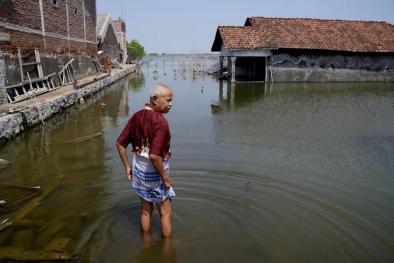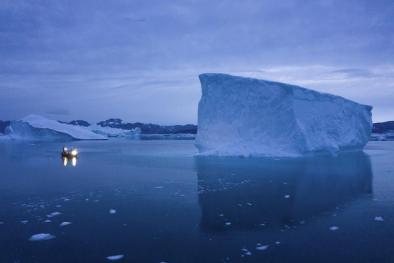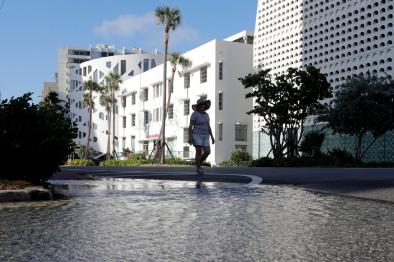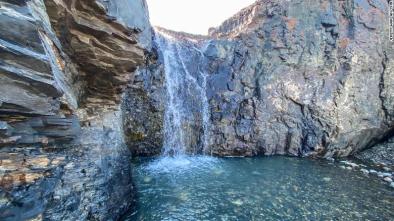Nigerian Floating Community's Experience Illustrates IPCC Report
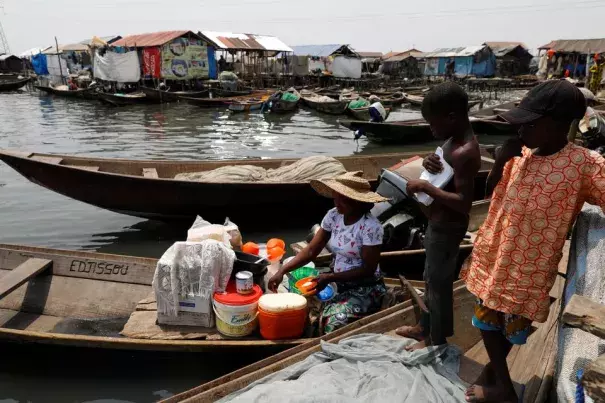
The alarming conclusions of yesterday's IPCC report are neither abstract nor distant concerns for the residents of Makoko, a flood-prone shanty-town in the coastal lagoon of Lagos, Nigeria, Reuters reports. The community — poor, informal, and built in a low-lying coastal area — is exceptionally vulnerable to climate change-driven sea-level rise and extreme storms. Lagos, currently well under half the population of Tokyo, is set to be the world's largest city by the end of the century and more than one-third of its territory is vulnerable to flooding. Nigeria has emitted a negligible amount of the world's historic climate pollution, but the residents of Makoko are suffering the consequences of the developed world's behavior. In 2016, heavy rains destroyed Makoko's floating school specifically built to adjust to fluctuating water levels and rising sea levels are hurting fish harvests.
(Makoko: Reuters; Coastal cities: Thomson Reuters Foundation; Climate Signals background: Sea level rise, Extreme precipitation increase)
To receive climate stories like this in your inbox daily click here to sign up for the Hot News Newsletter from Climate Nexus:
Related Content
